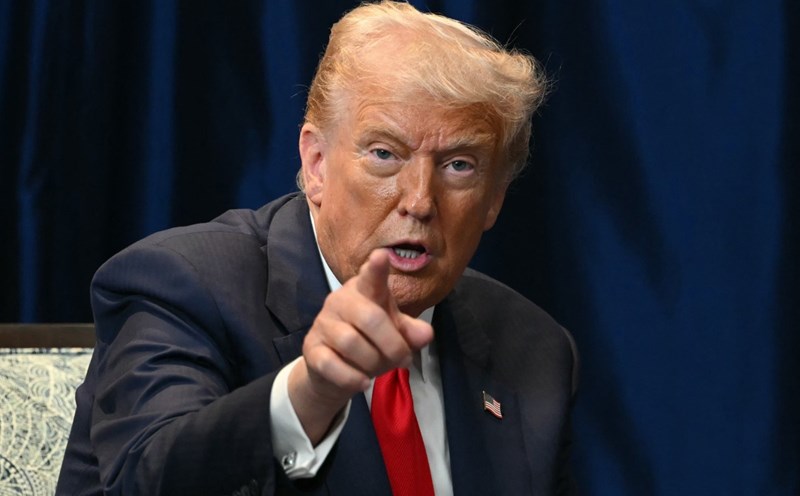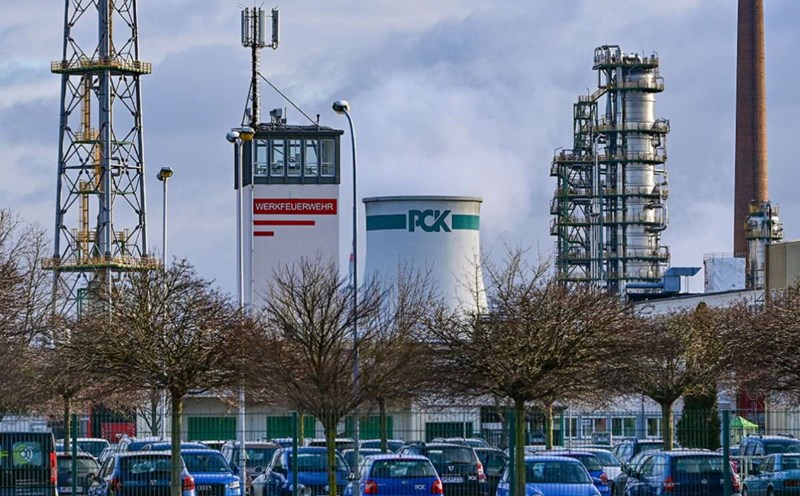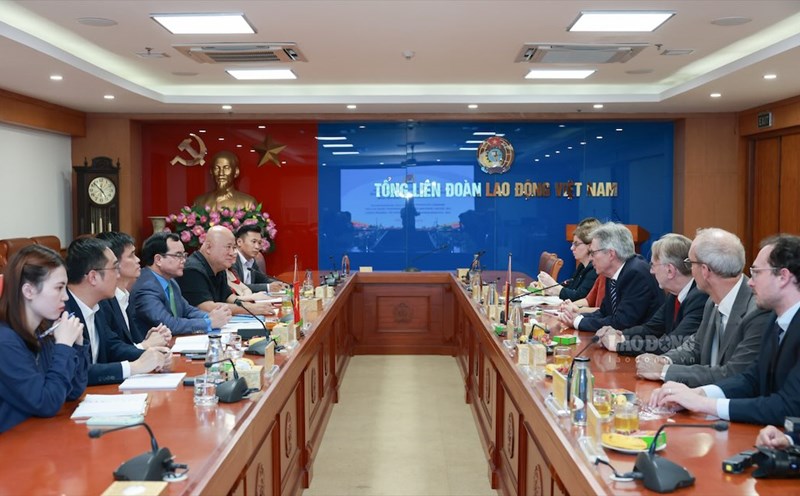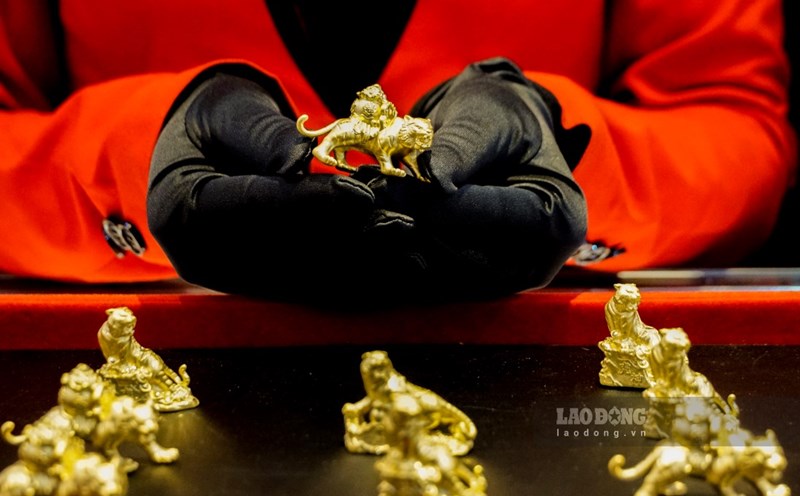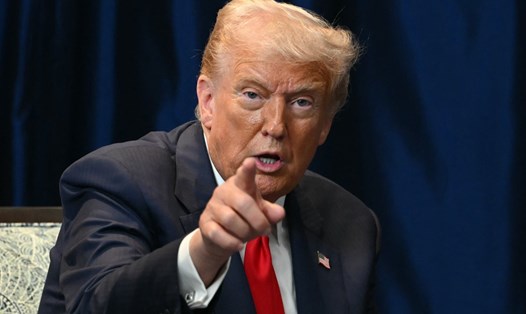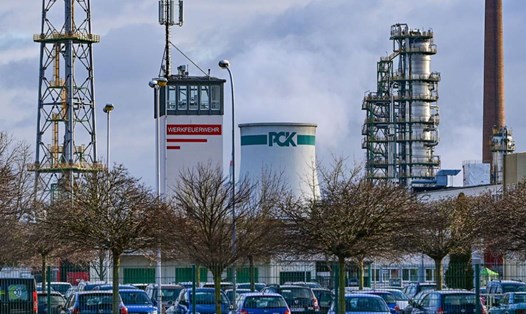On October 27, Russian President Vladimir Putin signed a law officially terminating the treaty with the US on handling excess military-level plutonium. Moscow suspended the treaty in 2016, citing Washington's hostile policies towards Russia.
The Russian House of Representatives approved a bill to end the treaty earlier this month, while the Senate gave the green light on October 22. The law took effect on October 27 after President Putin approved it.
The treaty, first signed in September 2000, stipulates that each signer must handle 34 tons of military-level plutonium that has been declared redundant for military programs.
In October 2016, Russia suspended the treaty, citing US hostile actions - sanctions and NATO's eastward expansion in Europe, among other reasons. However, Moscow has expressed its readiness to restore the treaty if Washington resolves its disagreements.
A note accompanying the law cited a "massive change in the situation," adding that Washington's level of "anti-Russia" policy has increased in recent years.
Speaking to Russian lawmakers earlier this month, Deputy Foreign Minister Sergey Ryabkov also said that the US has sought to change the plutonium handling protocols. Moscow has protested, expressing concern that radioactive materials are likely to be excavated and reused.
During the first term of US President Donald Trump, Washington withdrew from the 1987, as well as the 1992 Open Sky Treaty.
Last month, President Putin said, "for a while, the system of Soviet-US and Russian-US agreements on nuclear arms control and strategic defense has been almost completely destroyed."
Mr. Putin said Russia is ready to continue to comply with the core limitations of the New Strategic arms Reduction Treaty (New START) - the only remaining arms control agreement between Moscow and Washington - for 1 year after it expires on February 5, 2026.
In effect since 2011, the New START treaty limits the number of strategic nuclear warheads deployed by the US and Russia to no more than 1,550.
Responding to Mr. Putin's proposal in early October, Mr. Trump praised this as a "good idea".

